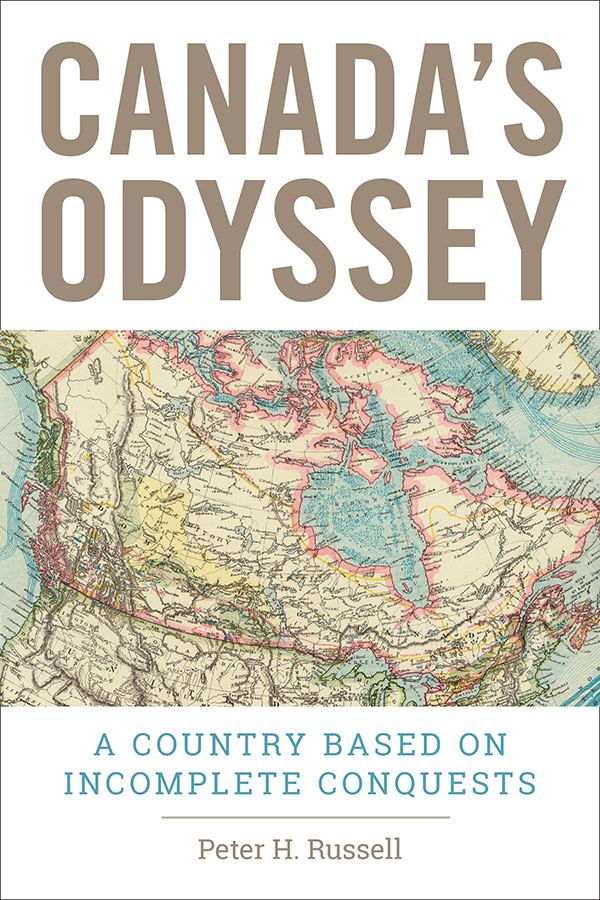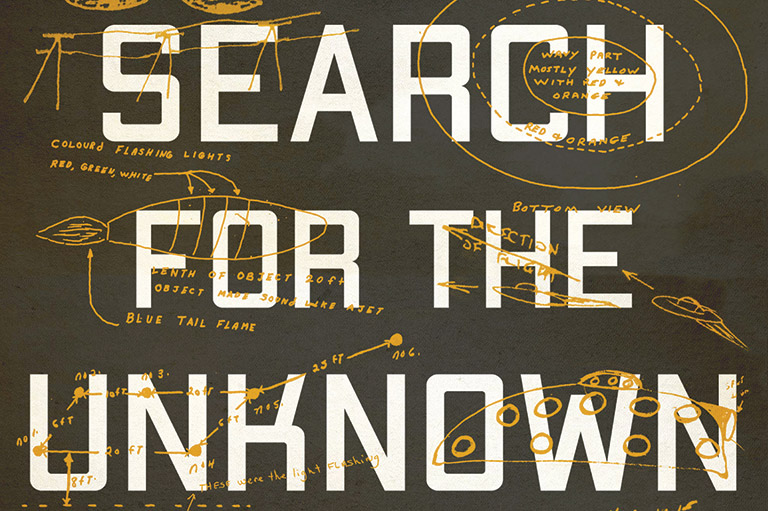Canada's Odyssey

Canada's Odyssey: A Country Based on Incomplete Conquests
by Peter H. Russell
University of Toronto Press
543 pages, $39.95
Peter Russell has been teaching Canadian constitutional politics since the 1950s at the University of Toronto, and he has given us the benefit of a lifetime’s scholarship and engagement in this brilliant book. It is thoughtful, incisively written, and as accessible an account as one will ever find about our country’s political and legal history. Many books are called “indispensable”; this one certainly rates that description. Readers familiar with his earlier books, such as Constitutional Odyssey, should know that this latest book has far more depth, context, and reflection than those efforts, as useful and thorough as they are. This is the magnum opus.
Russell’s thesis is contained in the subtitle, “A Country Based on Incomplete Conquests” — the premise being that while three competing experiences and narratives of the country have attempted to achieve supremacy, in reality none has “conquered,” and the journey continues. He brilliantly describes how first contact on North American soil between Indigenous, French, and British peoples and governments was based on misunderstandings, imperial ambition and arrogance, and indeed racism, but efforts to achieve complete conquest ultimately failed. We are now left with a shared space that still requires governance based on mutual respect and understanding; and that necessary journey into the future will require even deeper change than we have experienced before.
Few scholars possess as broad a range as Russell, who combines a deep interest and knowledge of Canadian history with a sense of humility about how much more there is to know. His is the only such broad account that makes such a conscious effort to reflect the perspective of Indigenous people in describing the nature of the colonial experience, and he points out the extent of the deception and breach of promise that has marked the relationship between First Nations and the governments of European settlers.
Another strength of the book is its narrative quality. Russell writes with vigour, adds to our knowledge of history and law, and keeps it accessible. He also reminds each generation that they are living in history and that their efforts to deny the legitimacy of the other will ultimately fail, just as similar efforts have in the past.
Russell does not pull his punches in pointing out the betrayals of the past and the degree of the challenges ahead, in light of the history of racism, discrimination, and the imposition of great hardship that has made such a mess of Indigenous policy. Nor is he any less determined in his analysis of the Confederation debate, the hanging of Louis Riel, and the struggle over the patriation of the constitution and its aftermath. The book has a symphonic quality as it moves back and forth between each perspective and experience. Russell manages to keep the reader’s interest through many issues that might seem as dry as dust but which in fact show that Canada is a complicated and fascinating place.
I have to declare my own relationship to the author. Peter Russell has been a mentor of mine for nearly fifty years and has always responded generously to calls for advice and assistance. He is a truly wise soul, as many readers not familiar with his life or teaching can now share. We should all be grateful that he is still working, thinking, and writing — and that he has given us the benefit of his insights. Long may he continue to do so. We need him now more than ever.
Themes associated with this article
Advertisement




